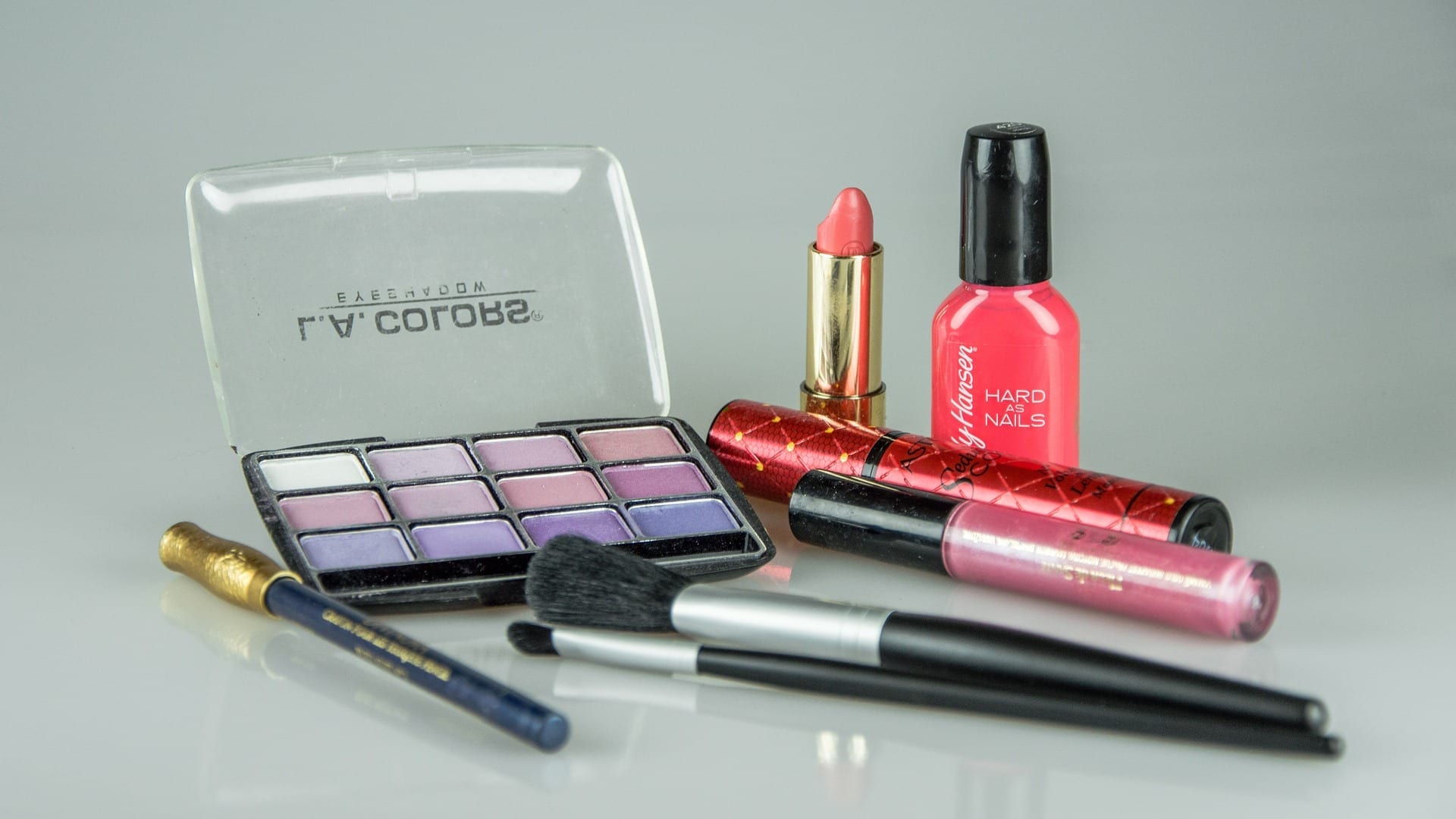AS DOMESTIC abuse concerns continue to rise across the country, warnings have been made against sharing viral social media posts offering help.
Over the past week, a social media post offering help to people in abusive relationships has gone viral.
The post says: “If you’re stuck in isolation with someone abusive, message me asking if I’m still selling my make up. I’ll know to keep checking in. Ask specifically about my eyeliner and I’ll contact authorities for you.”
There are a range of similar variations also being shared on social media sites.
The post says: “Get copying, don’t let anyone be alone,” but there are concerns the viral nature of the post renders it unhelpful and harmful.
Vickie Robertson, founder of domestic abuse support charity, Kaleidoscopic UK explained how the viral message can open a victim of domestic abuse up to more harm.
“Makeup is often controlled within an abusive relationship, so messaging someone to buy makeup may cause a problem.”
Ms Robertson explained that she was not allowed to wear makeup by her abuser, and a message like this would have caused huge problems for her, as her texts, messages and social media sites were under constant scrutiny.
She added that the mass sharing of this message is also causing issues.
“As soon as something like this goes viral, perpetrators also see it. Now they know makeup and eyeliner are being used as codewords, this could put someone in a really vulnerable position.
“The post has great intentions but if someone wants to help, they should set up a personal codeword.
“They can even set up multiple codewords for the type of help needed. The person offering assistance needs to be able to react quickly to the request, and know whether to call the police, ambulance or both.”
Ms Robertson explained that the best way to set up a code word is through a voice call. The person offering help should allow the individual to choose a code word personal to them.
It should be something that can be used in a sentence, and will not trigger an aggressive response from their abuser.
“They will know what they can and can’t say. It needs to be a word that won’t cause additional problems.
“And they have to be able to trust that person implicitly. The person offering help needs to know their address and respond immediately.”
Ms Robertson said she is pleased to see the post is opening up a conversation about domestic abuse nationally, but warned its application should be avoided.
“The best thing someone can do to get immediate help is call the police on 999 and then enter 55 for the Silent Solution,” said Ms Robertson.
If someone cannot speak on the phone, they can enter 55 and the call taker will sensitively manage the police response.
But police must be able to hear some level of activity on the phone. Ms Robertson advised at coughing or creating a small noise.
“It’s important that people know they’re not alone. The police will still come through your door if you need help. And people are being set up in refuges and even hotels to help get them out of the house.”



















































